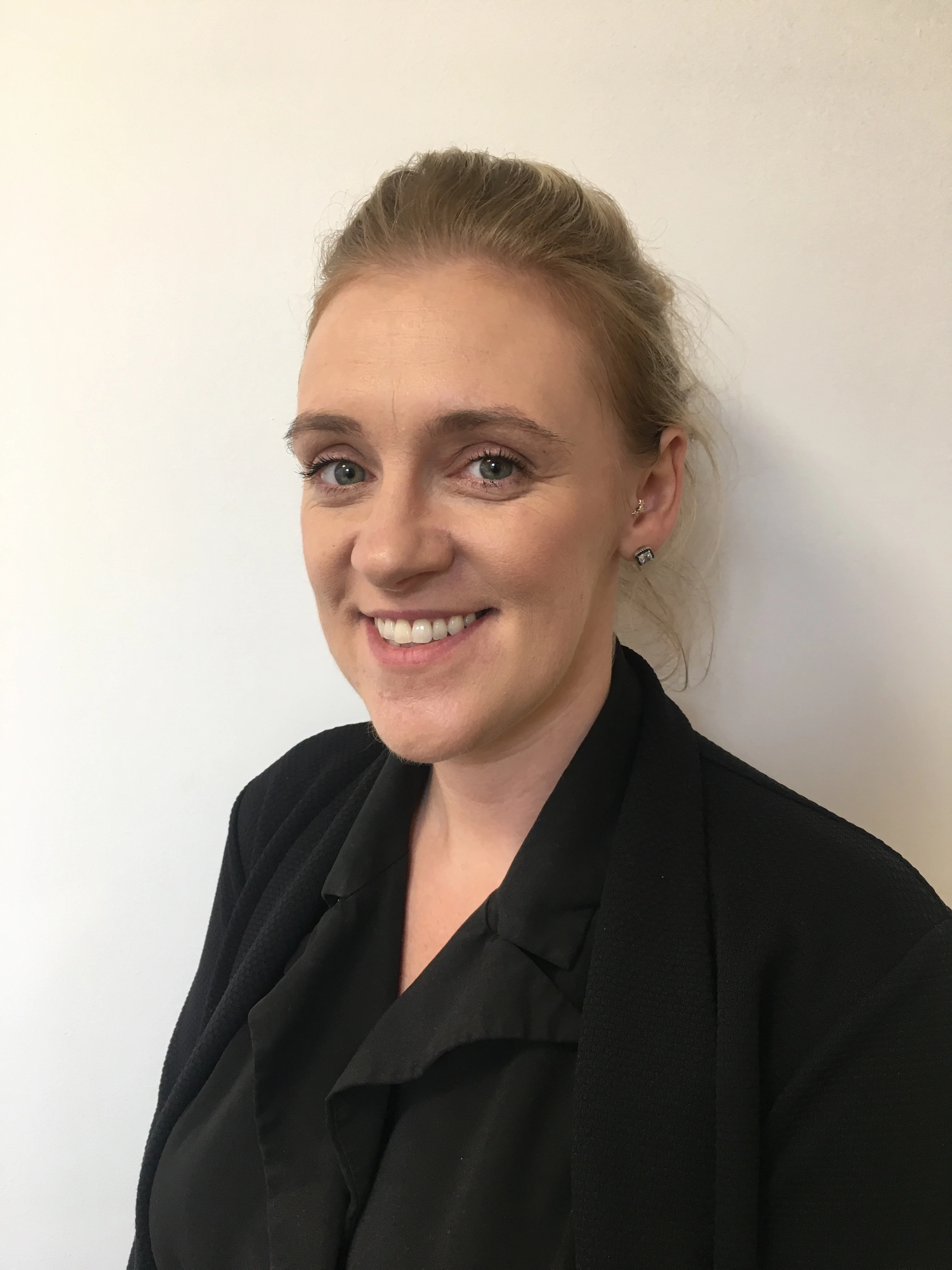
Partner Article
Landmark ruling slashes thousands off IHT bills
Those inheriting B&Bs and holiday homes could save thousands of pounds in inheritance tax after a landmark ruling against HMRC.
The case, which saw HMRC commissioners lose their claim that the livery business in question should be considered a holding investment rather than an active business, means that more holiday homes forming part of the estate of a deceased person could potentially qualify for 50% or 100% business property relief (BPR) from inheritance tax (IHT).
This could result in a huge reduction on the 40% IHT paid on all assets over the value of £325,000.
Michelle Hamilton-Graney, private client solicitor at Kirwans law firm, said: “During the hearing, HMRC claimed that the business concerned, which was latterly owned by the late Maureen Vigne, was not actively engaged in high levels of economic activity and so should be considered a holding investment.
“The upper tribunal had to consider whether it was, in fact, an active working business, or whether it earned income from the payment of dividends, rent or interest – which would mean it was not entitled to BPR.
“The court heard that Ms Vigne had operated the livery stables as a business rather than an investment, employing staff, carrying out routine checks on the animals, and administering worming products.
“These additional services led to the court’s decision that the livery stables should be considered a business – making the asset eligible for business property relief.”
Michelle explained that the ruling was important for holiday home owners, as it meant that, if they were able to prove that the business involved more than just renting out property, they may benefit from the tax break.
She said: “B&B operators and holiday home owners who want their property to be eligible for this sort of tax relief need to demonstrate their efforts to build up the business, perhaps by taking on staff members, investing in marketing campaigns, or providing additional services.
“If the court can be satisfied that the deceased person clearly operated the asset as a business rather than an investment, the successor of the estate could benefit from thousands of pounds worth of savings.”
This was posted in Bdaily's Members' News section by Rachael Tinniswood .








 Raising the bar to boost North East growth
Raising the bar to boost North East growth
 Navigating the messy middle of business growth
Navigating the messy middle of business growth
 We must make it easier to hire young people
We must make it easier to hire young people
 Why community-based care is key to NHS' future
Why community-based care is key to NHS' future
 Culture, confidence and creativity in the North East
Culture, confidence and creativity in the North East
 Putting in the groundwork to boost skills
Putting in the groundwork to boost skills
 £100,000 milestone drives forward STEM work
£100,000 milestone drives forward STEM work
 Restoring confidence for the economic road ahead
Restoring confidence for the economic road ahead
 Ready to scale? Buy-and-build offers opportunity
Ready to scale? Buy-and-build offers opportunity
 When will our regional economy grow?
When will our regional economy grow?
 Creating a thriving North East construction sector
Creating a thriving North East construction sector
 Why investors are still backing the North East
Why investors are still backing the North East